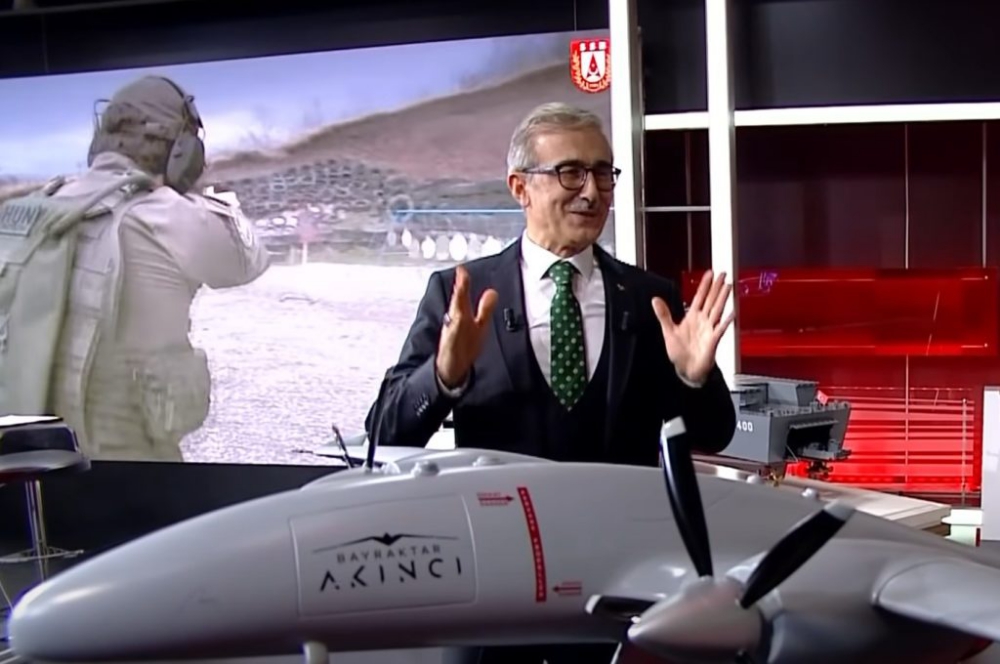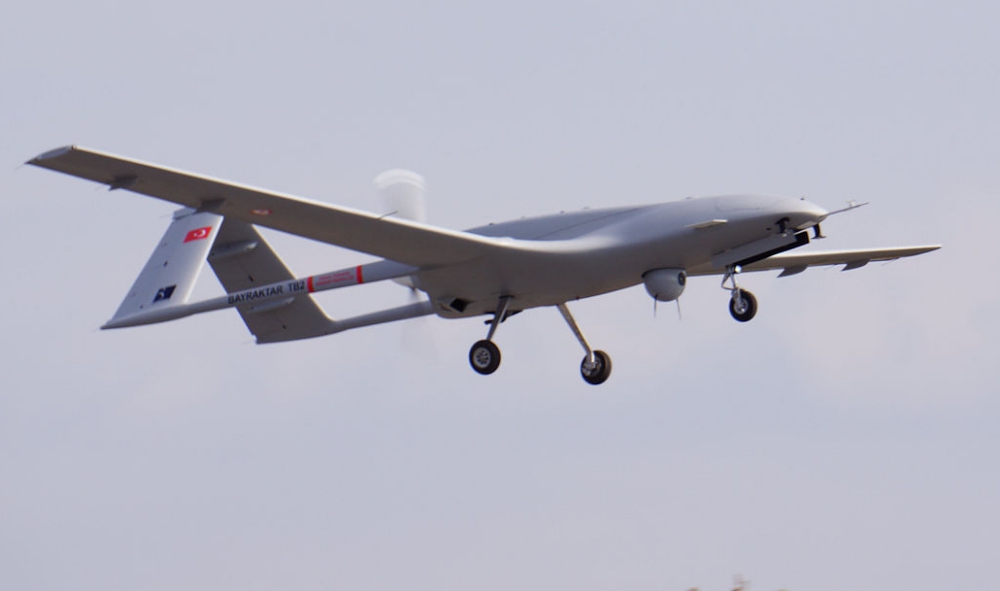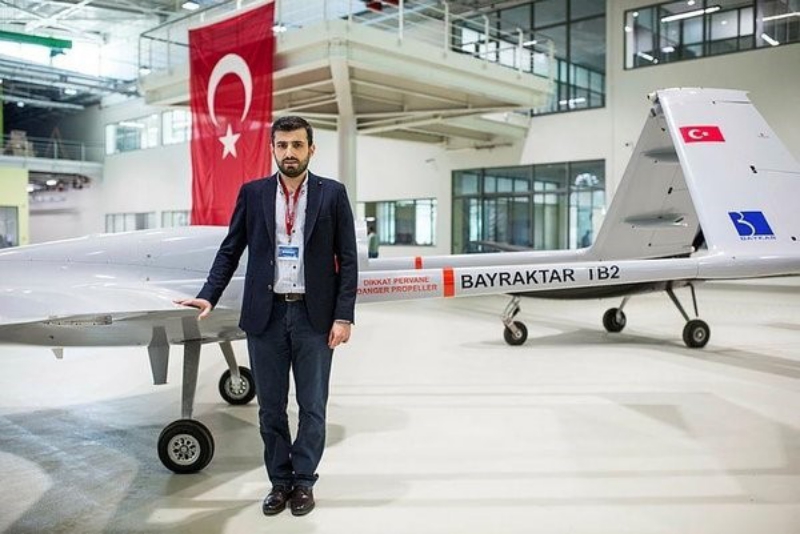Turkey’s top defense industry official has reiterated that armed drones sold to other countries will never pose a risk to Turkey in the future, suggesting that engineers placed a kill switch on the exported versions of the drones.
The revelations were made by İsmail Demir, head of the Presidency of the Defense Industry (Savunma Sanayii Baskanligi, SSB), Turkey’s top defense procurement agency, in an interview with a local TV station on December 17, 2021.
“Turkey knows what it’s doing. Turkey will not take a step that will put itself at risk,”
Demir said with a grin in response to a question about whether other countries would be able to attack Turkey using the armed drones it sold them.
Demir also made clear that the export versions of Turkish armed drones are not the same as the drones used by the Turkish military and highlighted that the Defense Ministry must approve any arms sales to a foreign country after obtaining an opinion from the Foreign Ministry. He said Turkish defense firms design the weapons according to set specifications for each client.

İsmail Demir, head of the Presidency of the Defense Industry, Turkey’s top defense procurement agency
Demir’s remarks offered clues to Turkey’s secretive export-oriented arms programs including armed drones that were apparently furnished with what defense industry experts call a kill switch that is remotely activated by the manufacturer to render the weapons useless in the event of a conflict.
Many arms-exporting countries use one or multiple kill switches in the export versions of the defense industry products they sell. Those hidden designs are often difficult to detect. Even if they were discovered, they are not easy to dismantle or disconnect because doing so would damage the system itself.
Turkey has exported Bayraktar armed drones that were manufactured by defense contractor Baykar Makina Sanayi ve Ticaret Anonim Şirketi (Baykar), which is run by Erdoğan’s son-in-law Selçuk Bayraktar. The clients that have taken delivery of the armed drones include Ukraine, Poland, Qatar, Libya, Kyrgyzstan, Kazakhstan, Ethiopia and Azerbaijan.
The Turkish military also has used armed drones in both Turkey and several battle zones such as Libya, Syria and Nagorno-Karabakh. Canada suspended in 2020 and later blocked military arms exports to Turkey after a probe found Canadian drone technology had been misdirected for use in conflict. The US also sanctioned the SSB, its president Demir and three other SSB officials for Turkey’s purchase of S-400 long-range missiles from Russia.
Bayraktar drones also troubled dozens of US lawmakers who called on the State Department to suspend export licenses for US drone technology to Turkey, pending an official investigation into the destabilizing role of Turkey’s drone programs in many parts of the world.
“The potential for these drones to further destabilize flashpoints in the Caucuses [sic], South Asia, the Eastern Mediterranean, the Middle East, and North Africa is too great to ignore,”
said 27 members of the US House of Representatives in a letter to Secretary of State Antony Blinken in August 2021.
According to the letter, the evidence collected from the battlefield in the Caucasus confirmed that Bayraktar drones contain parts and technology from US firms and its affiliates. “The continued transfer of such technology appears to violate arms export control laws and run afoul [of] CAATSA sanctions that Congress has imposed on Turkey, especially its Savunma Sanayii Başkanlığı (SSB) (Turkey’s Presidency of Defense Industries),” the letter said.
Turkey has scrambled to replace imported parts for its drone programs with locally manufactured ones with some degree of success. Turkish defense contractor Aselsan reportedly developed the Common Aperture Targeting System (CATS) for Baykar, replacing those acquired from abroad.
According to Turkey’s 2021 export figures announced by the Turkish Exporters Assembly in early December, Turkey’s arms sales reached a record level, with the biggest increase to African countries.
In the first 11 months of 2021, Turkey exported $2.793 billion worth of defense products, an increase of 39.7 percent compared to the same period of the previous year. The Turkish defense industry, which set an export record of $2.7 billion in 2019, is preparing to set a new record by closing this year with exports of more than $3 billion. For the first time the defense sector had a 1.8 percent share of Turkey’s total exports in November 2021.
Source: Nordic Monitor


